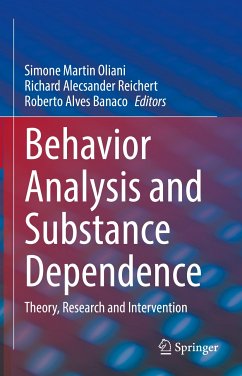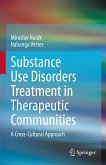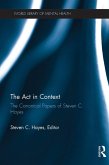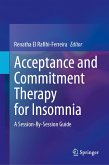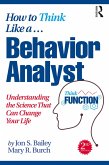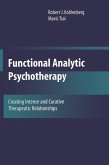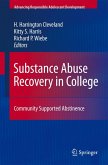The volume is divided in three parts. Part one presents an introduction to core concepts in behavior analysis and related disciplines, such as behavioral pharmacology, and their specific applications in substance use disorders diagnostics and treatment. Part two shows how different types of behavioral-analytical clinical and social interventions can be applied in practice to treat substance use disorders, such as:
- Contingency Management
- Exposure Therapy
- Functional Analytical Psychotherapy (FAP)
- Dialectical Behavioral Therapy (DBT)
- Acceptance and Commitment Therapy (ACT)
- Therapy by Contingencies of Reinforcement (TCR)
- Motivational Interviewing
Finally, part three covers special topics, such as the interfaces between neurosciences and behavior analysis on drug use and dependence, effects of substance use in romantic relationships and their relationship with violence against women.
Behavior Analysis and Substance Dependence will be a valuable tool for clinical and health psychologists, as well as other health professionals and social workers dealing with substance use disorders, by presenting, in one single volume, an overview of the tools offered by behavior analysis to deal with this serious health issue.
This book is a translation of an original German edition. The translation was done with the help of artificial intelligence (machine translation by the service DeepL.com). A subsequent human revision was done primarily in terms of content, so that the book will read stylistically differently from a conventional translation.
Dieser Download kann aus rechtlichen Gründen nur mit Rechnungsadresse in A, B, BG, CY, CZ, D, DK, EW, E, FIN, F, GR, HR, H, IRL, I, LT, L, LR, M, NL, PL, P, R, S, SLO, SK ausgeliefert werden.

